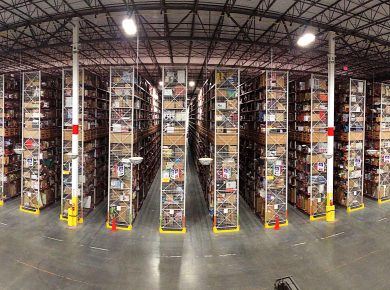Operating an automotive workshop comes with several unique challenges that set it apart from other industries.
1. Managing Inventory Costs
Parts Stocking: Balancing the need to keep a wide variety of parts on hand for different makes and models without tying up too much capital in inventory.
Slow-Moving Inventory: Some parts may sit on shelves for long periods, draining cash flow without generating returns.
2. Handling Labour Costs and Efficiency
Skilled Labour: Automotive workshops rely on highly skilled mechanics. Attracting, training, and retaining skilled labor can be expensive, especially as competition for talent rises.
Technician Downtime: Inefficiencies in scheduling and resource allocation can lead to costly downtime for technicians when they aren’t working on vehicles.
3. Dealing with Fluctuating Cash Flow
Unpredictable Customer Demand: Vehicle repairs can be highly seasonal or unpredictable. Workshops may see spikes in demand followed by quiet periods, making cash flow irregular.
Delayed Payments: Fleet and business customers often pay invoices on longer terms, creating gaps in cash flow while the workshop still has to cover operational expenses.
4. Investing in Technology and Equipment
Constant Upgrades: Modern vehicles increasingly require specialised diagnostic tools and software, which are costly but necessary to stay competitive.
High Capital Expenditure: Balancing the need for new tools, equipment, or facility upgrades without impacting profitability is a constant challenge.
5. Customer Expectations and Retention
Rising Expectations: Customers expect fast, reliable, and transparent service, often with digital conveniences like online booking and payment. Failing to meet these can hurt customer retention.
High Competition: Competing with other local workshops, dealerships, and chain repair shops means constantly working to retain customers and stand out with exceptional service.
6. Regulatory and Environmental Compliance
Regulation Compliance: Automotive workshops need to stay up to date on environmental and safety regulations, including proper disposal of hazardous materials like oil and batteries.
Workplace Safety: Ensuring that the workshop adheres to strict safety guidelines to avoid accidents is a constant concern.
7. Warranty and Liability Issues
Warranty Work: Servicing vehicles under warranty can be complex, involving paperwork and often reduced margins compared to customer-paid repairs.
Liability: Workshop owners are exposed to potential liability if repairs fail or lead to further vehicle issues, which can affect both their reputation and finances.
These challenges can severely affect cash flow, profitability, and the overall success of an automotive workshop.



























